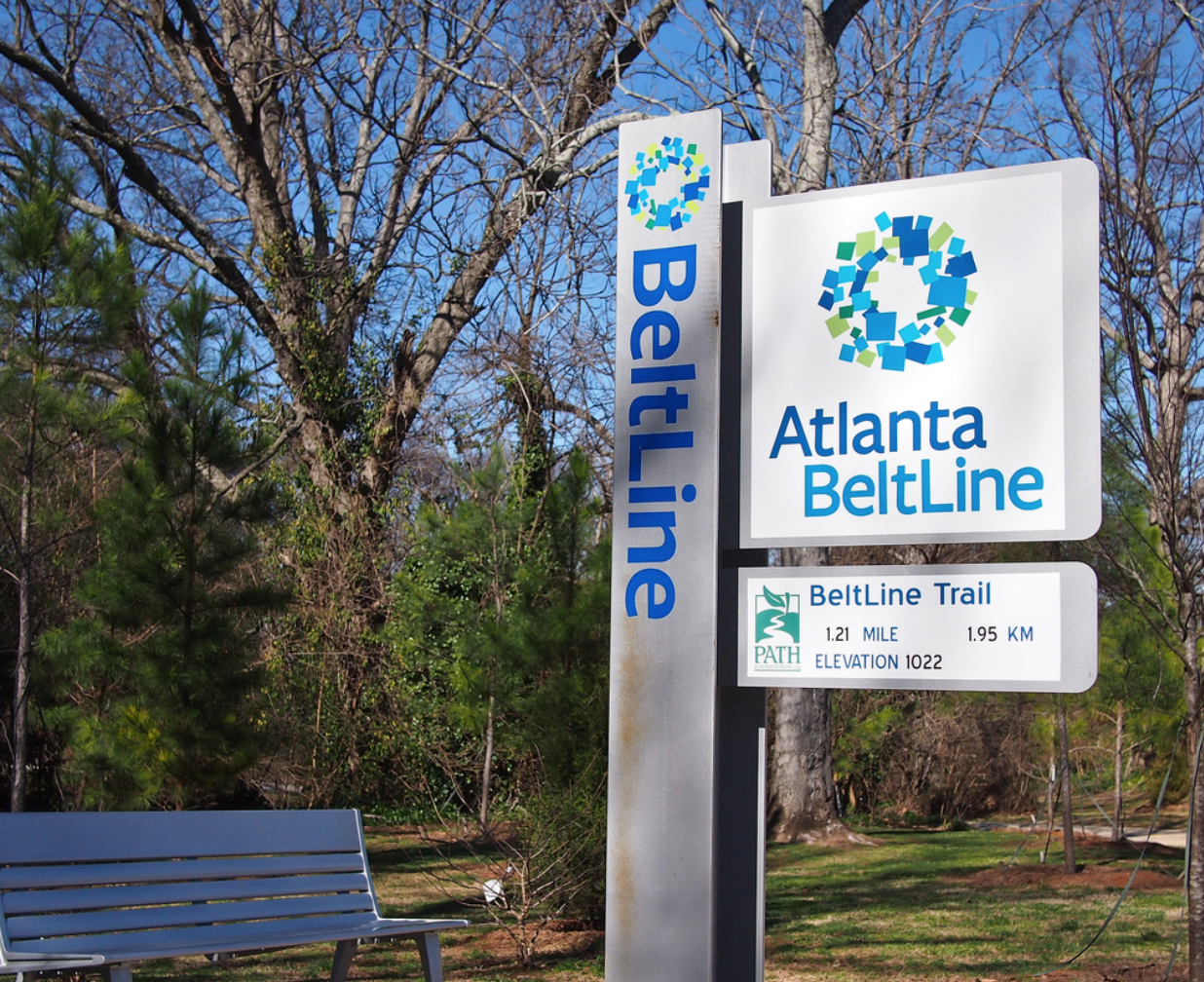Title Page
Housing Group Sues To Block Houston From Controlling Hurricane Harvey Relief Funds. Wall Street Journal.
Introduction
Garcetti Says L.A. Can End Street Homelessness in a Decade. L.A. Times.
"Garcetti is talking about the goals as he considers a run for president in 2020. If he runs, the grim conditions on L.A. streets could be a political liability. The unsheltered population in Los Angeles — those living on the street — is 25,237, according to the latest count. Garcetti aims to get 12,500 of that group into shelter or housing by 2022 — the year Garcetti's tenure as mayor would end because of term limits."
Executive Summary
With the latest release of local population estimates from the Census Bureau comes new analysis, this time, courtesy Jed Kolko via CityLab. The national story? "Americans are moving from blue counties to red counties, and at a quickening pace," writes Kolko. "What's driving this? The continued suburbanization of America underlies this shift toward red counties." But it isn't necessarily a matter of growing red constituencies.
"Will the population shift toward red places hurt Democrats and help Republicans? Not necessarily. Red places might win bragging rights for drawing people in, and it's possible that blue-to-red migrants adopt some of the political views of their new neighbors. Yet, at the same time, it's also possible that migrants from blue to red counties bring their politics with them."
Take Fort Bend County, which today, "may well be the single most ethnically diverse county on the planet," according to the latest Kinder Houston Area Survey. The suburban county to the west of Houston has been a reliably Republican county. Despite this, "Fort Bend went blue on Nov. 8 when Hillary Clinton won the county with an almost seven-point margin of victory," Alexa Ura noted in the Texas Tribune. "It wasn’t just an electoral flip — it was a 13-point swing from the 2012 presidential election. And it marked the third presidential election in which the Republican presidential candidate did not win the county by double digits." Foreshadowing a national shift in demographic trends and potentially reflecting the changing voting profile of some suburban counties, Fort Bend County could be a template for similar shifts afoot elsewhere.
Conclusion
Ryan Gravel's master's thesis helped create the idea of the Atlanta BeltLine we're familiar with today. But since its inception, Gravel has pushed for transit and equity to be part of the plan. And after resigning from the board behind the project in 2016, Gravel has continued to stay involved, writing most recently, again, in favor of transit. "Transit is what makes the project for everyone," he writes.
Maybe I shouldn’t be surprised that we need to make our case for transit again, but I am. Honestly – we’ve been putting colored dots on maps, hand-writing community preferences on sticky-notes, and attending weeknight City Council meetings and mind-numbing Saturday morning public engagement sessions for over fifteen years now – all in support of transit on the Atlanta Beltline. John Lewis was there. And Jane Fonda helped make our video. We didn’t do it because it was fun. We did it to lay the groundwork for the future city we want to live in. Our vision was always transit on the Beltline, and our only challenge to building it was money.
Endnotes
House of 11 Stacked Shipping Containers on McGowen Now Awaiting Doors, Windows, Electrification https://t.co/pnGCD2QHXJ pic.twitter.com/5Vi9Hfr37R
— swamplot (@swamplot) March 16, 2018

